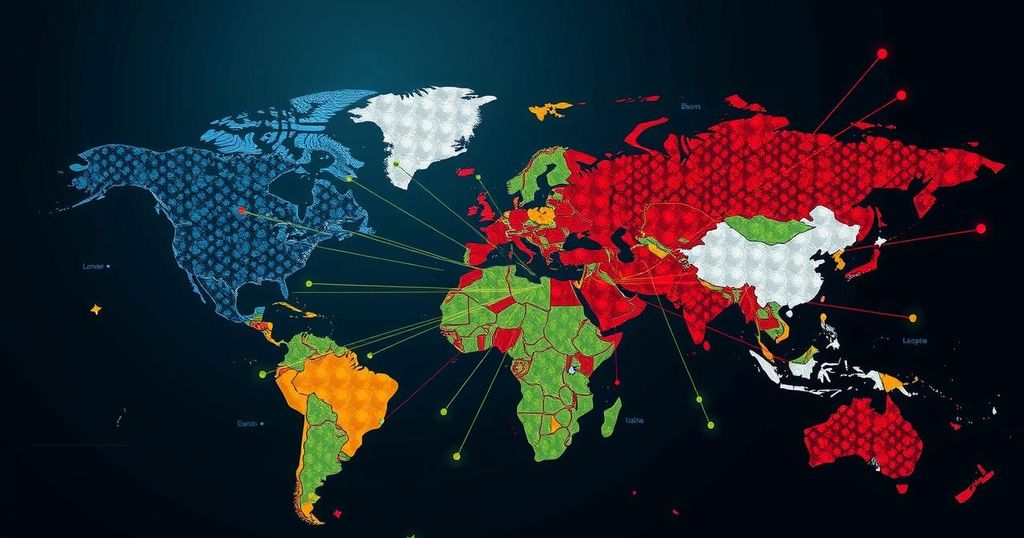NATO Chief Warns Trump: Ukraine Peace Deal Risks Empowering Autocracies

NATO Secretary-General Mark Rutte warns Donald Trump against enforcing a subpar peace deal for Ukraine, suggesting it could empower authoritarian regimes like China, Iran, and North Korea. Rutte highlights the potential for increased global security threats if such a deal is established. Discussions are ongoing regarding U.S. foreign policy focus amidst the Russo-Ukrainian conflict.
Mark Rutte, NATO’s Secretary-General, has cautioned U.S. President-elect Donald Trump against the potential repercussions of pressuring Ukraine into a disadvantageous peace settlement with Russia. In an interview with The Financial Times, Rutte articulated that any agreement lacking substantial support for Ukraine could precipitate severe implications for European and global security. He asserted that such a deal would bolster authoritarian regimes worldwide, including those of Vladimir Putin, Xi Jinping, Kim Jong-un, and Iranian leaders, as these nations have increasingly collaborated in military and economic domains.
Rutte expressed alarm at the prospect of dictators aligning to exploit Ukraine’s weakened position: “We cannot have a situation where we have Kim Jong-un and the Russian leader and Xi Jinping and Iran high-fiving because we came to a deal which is not good for Ukraine.” This statement underscores the interconnected nature of global security threats, suggesting that a fragile peace might embolden hostile states.
These remarks coincided with discussions that transpired during Trump’s meeting with his foreign policy advisors on November 23. Meanwhile, UK Prime Minister Keir Starmer acknowledged the likelihood of a negotiated resolution to the Russo-Ukrainian conflict, shortly after President Joe Biden’s announcement of further military support for Ukraine. Trump’s advisors continue to assert that the conflict predominantly concerns Europe, advocating for a shift in U.S. foreign policy focus towards China and Iran.
The context of Rutte’s warnings pertains to heightened tensions following the ongoing Russo-Ukrainian conflict. With U.S. foreign policy under evolving leadership, the impact of a peace settlement on Ukraine’s sovereignty and the geopolitical landscape is significant. The notion that Russia may exploit a peace deal is critical, especially in light of the cooperation between several authoritarian states including China and North Korea. The historical mishaps of agreements like the Budapest Memorandum exacerbate Ukrainian concerns regarding security and alliances, particularly as Ukraine aspires for NATO membership as a protective measure.
In summary, NATO Secretary-General Mark Rutte has emphasized the risks associated with imposing a weak peace deal on Ukraine. He argues that such a compromise could empower authoritarian regimes globally, posing increased security threats to Europe and the United States. The situation remains fluid as differing perspectives on U.S. foreign policy and the potential outcomes of the conflict continue to unfold, necessitating careful consideration of Ukraine’s future and its aspirations for NATO membership.
Original Source: euromaidanpress.com








